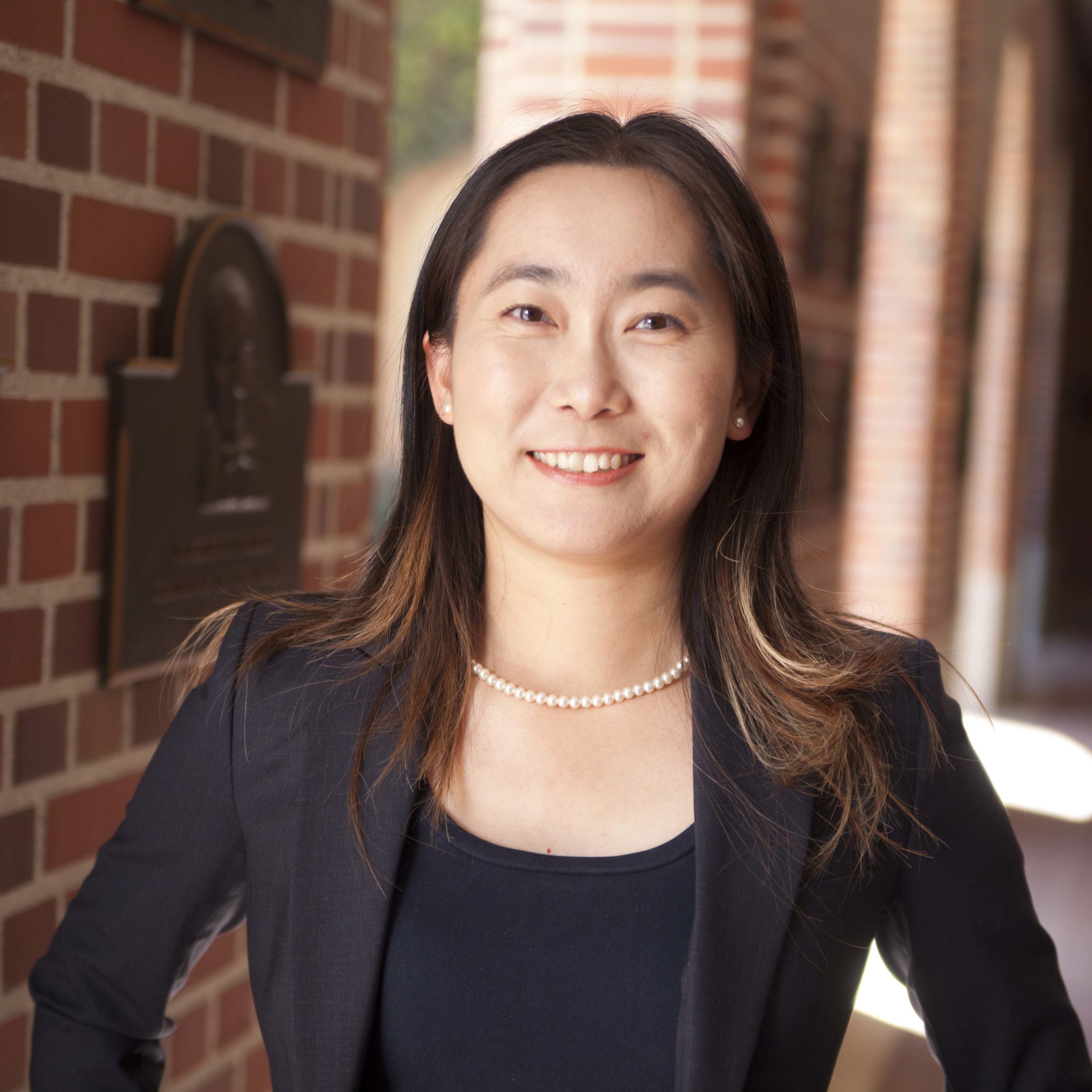Ostrow faculty member Jian Xu does craniofacial biology with heart

Posted
04 Apr 22
The researcher was recently promoted to the rank of Associate Professor of Dentistry with tenure.
TO SOME, IT MIGHT SEEM UNUSUAL that Jian Xu, whose PhD research focused on cardiac hypertrophy and heart failure, would find her academic home at the Center for Craniofacial Biology, part of the Herman Ostrow School of Dentistry of USC. But to Xu, the fit has been perfect from the start. Cardiac diseases, craniofacial birth defects and periodontitis bear striking similarities in their molecular signaling mechanisms and transcriptional regulation.
Xu joined USC in 2013, making her way from the University of California – San Francisco to Southern California. She had previously completed her undergraduate degree at Peking University and her PhD in pharmacology and vell niophysics at the University of Cincinnati and Cincinnati Children’s Hospital.
“I enjoy exploring the unknown. I was trained in medical school, majoring in pharmacology — sitting between clinical application and biological mechanistic findings. Research attracts me more than application per se. Mechanistic findings have more unknowns to explore and many methods to explore, which makes it very interesting,” Xu says.
The rapidly growing field of epigenetics has provided fertile ground for Xu’s laboratory to sprout several new lines of research since her arrival at USC. “Our lab focuses on methylation, modification of a protein, which you can consider as a light switch,” Xu explains. Epigenetic modifications such as histone methylation — the addition of a methyl group to a specific position on a histone protein — are increasingly understood to play important functions in development, aging and disease.
“This stage in my career and life is very exciting. I’m excited for what’s to come, embrace the uncertainty and explore new things.”
—Jian Xu, Associate Professor of Dentistry
DNA molecules wrap around histones such that modifying these histones can serve as a switch, turning a gene “on” by making it accessible to be transcribed into protein, or “off” so that its transcription is silenced. Importantly, epigenetic modifications can be reversed, so detrimental modifications can be targeted through appropriate therapeutic interventions, restoring a healthier gene transcription profile and potentially leading to new treatments for injury or disease.
One of the most important proteins that methylates histones in mammalian cells, known as PRMT1 (short for protein arginine methyltransferase 1), is the subject of several of Xu’s investigations. Her lab revealed that deleting PRMT1 in neural crest cells in mice led to craniofacial deformities, including cleft palate, the most common craniofacial birth defect in humans.
Xu also recently found that methylation of RUNX2, a master regulator of osteogenesis, plays an important role in the development of the skull bones and the fibrous joints known as sutures that connect them. This important finding could lead the way to improved treatment for children with craniosynostosis, a disorder in which the cranial sutures ossify and the skull bones prematurely fuse, which compromises further skull and brain growth. Understanding how bone development, homeostasis and regeneration are affected by arginine methylation of RUNX2 is the subject of one of Xu’s three currently active grants from the National Institutes of Health.
Xu’s expertise in epigenetics and TGF-β/BMP signaling makes her a sought-after collaborator. Already in 2022, she collaborated with Yang Chai’s lab, also at the USC Center for Craniofacial Molecular Biology, on an article in eLife on the regulation of palate development in mice via P53 signaling. She has also partnered with USC faculty Jian-fu Chen, Amy Merrill, Baruch Frenkel and other colleagues on a variety of publications with wide-ranging impact.
In 2022, Xu was promoted to the rank of associate professor with tenure, marking a major career milestone for this accomplished researcher. She looks forward to new adventures and collaboration with friends and colleagues with complementary areas of expertise.
“This stage in my career and life is very exciting,” Xu says. “I’m excited for what’s to come, embrace the uncertainty and explore new things. After you get tenured you can do more risky work — with no more clock ticking, we have more time and stability.”